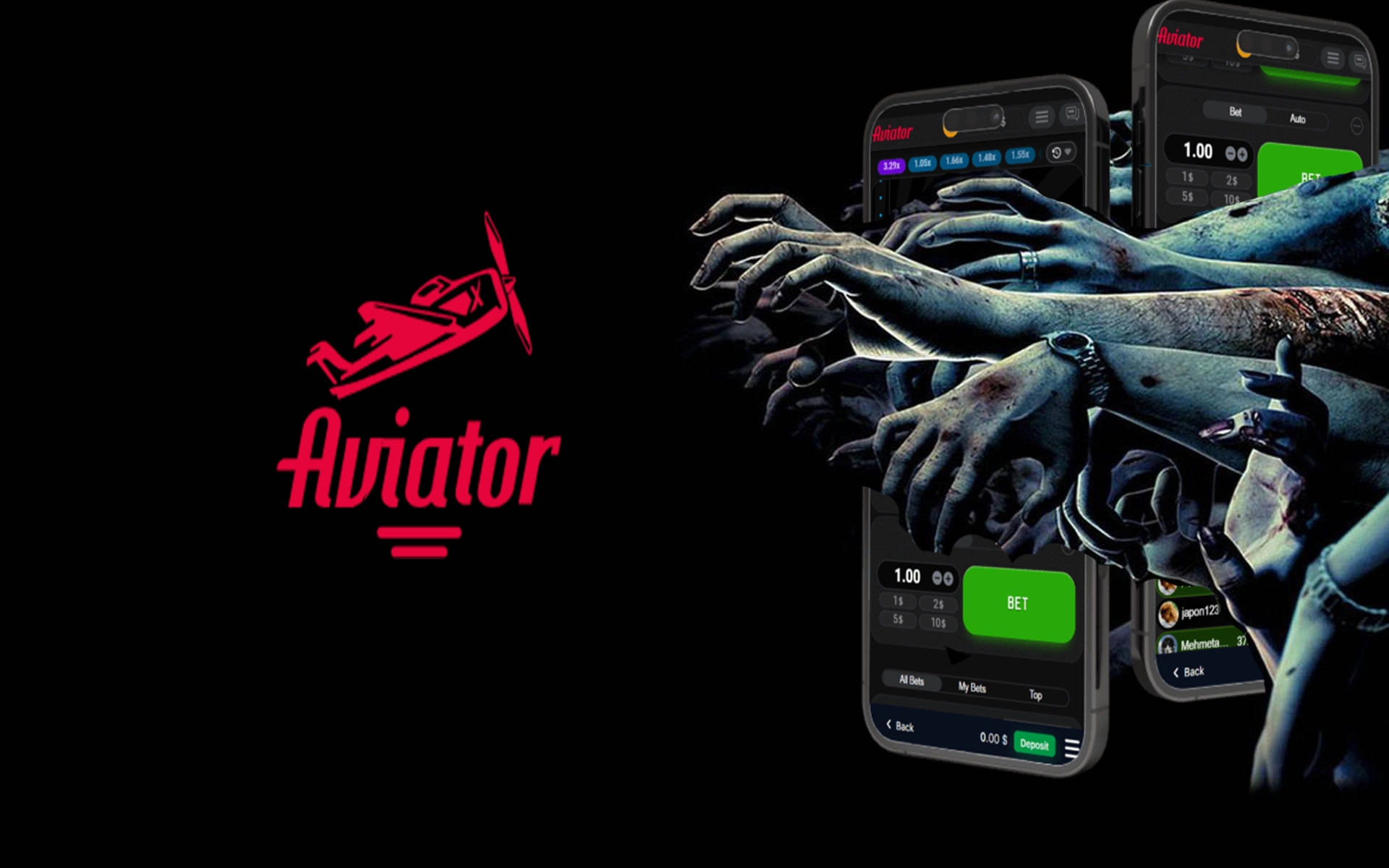
The Rise of Blockchain in Gaming
The gaming industry is undergoing a major transformation, driven by blockchain technology. The Play-to-Earn (P2E) model, which allows players to earn real-world value through in-game activities, is becoming increasingly popular. Games like Zomfi provide players with opportunities to collect NFTs and tokens, turning gaming into a profitable venture. Additionally, blockchain has also found its way into gambling platforms, with Aviator by Spribe serving as a prime example of transparency and fairness in online betting.
This article explores the impact of blockchain gaming, how Zomfi integrates P2E mechanics, and what makes Aviator a revolutionary gambling experience in the digital era.
What Makes Play-to-Earn So Popular?

Traditional video games offer entertainment and immersive experiences, but most in-game assets have no value outside the game. Players invest time and sometimes money into digital items, only to find that they do not truly own them. Blockchain technology changes this dynamic, giving players full ownership of in-game assets in the form of NFTs (non-fungible tokens) and cryptocurrency rewards.
This shift benefits both developers and players. Developers create thriving economies within their games, while players can trade, sell, or hold assets that appreciate in value over time.
| Feature | Traditional Gaming | Blockchain Gaming (P2E) |
|---|---|---|
| Ownership of Items | Limited to the game | Player-owned NFTs |
| Monetization | Game developers only | Players can earn crypto |
| Transparency | Centralized control | Decentralized and fair |
| Tradeability | No real-world value | Assets can be sold/traded |
| Play Incentives | Pure entertainment | Entertainment + earnings |
As blockchain gaming gains traction, games like Zomfi are proving that P2E is not just a trend, but the future of gaming.
Zomfi: Play-to-Earn Meets Survival Horror
Zomfi is a third-person shooter that merges blockchain technology with action-packed gameplay. Set in a post-apocalyptic world infested with zombies, players must fight for survival, collect valuable gear, and earn real rewards in the form of NFTs and tokens.
How Players Earn in Zomfi
- Collecting and Upgrading Gear – Players explore abandoned areas, gathering weapons and items that can be minted as NFTs and sold on the marketplace.
- Trading In-Game Assets – Rare skins, weapons, and character upgrades can be exchanged for cryptocurrency.
- Competing in PvP and PvE Events – Participating in challenges and ranked matches rewards players with ZOMFI and ZED tokens.
Unlike traditional games where in-game items are locked within the ecosystem, Zomfi allows players to transfer their earnings into real-world value.
hy It Stands Out
While many P2E games focus on basic gameplay mechanics, Zomfi delivers high-quality action, immersive storytelling, and Epic Games-level graphics powered by Unreal Engine 5. This creates an engaging experience where players are not just grinding for rewards, but actively enjoying the game while earning.

Aviator by Spribe: Blockchain in Gambling
Blockchain’s influence isn’t limited to gaming—it’s also revolutionizing online gambling. Aviator, developed by Spribe, is a unique provably fair gambling game where players place bets on a rising plane, cashing out before it disappears.
What Makes Aviator Different?
- Transparency with Provably Fair Technology – Every game outcome is recorded on the blockchain, ensuring no manipulation or hidden algorithms.
- Simple Yet Engaging Gameplay – Unlike traditional casino games, Aviator relies on timing, reflexes, and strategy, making it appealing to a broad audience.
- Decentralized Betting – Players can track all bets and results on the blockchain, reinforcing trust in the system.
How Aviator and Zomfi Use Blockchain Differently

While Zomfi utilizes blockchain for asset ownership and trading, Aviator applies it to ensure fairness and transparency. Both demonstrate the versatility of blockchain technology and how it can enhance gaming experiences, whether in action-packed survival shooters or online betting games.
Benefits of Blockchain in Gaming
- Ownership and Monetization
- Players no longer “rent” in-game items from developers. Instead, they truly own their assets through NFTs, which can be sold or transferred.
- In Zomfi, weapons and character upgrades exist as tradable assets, meaning they hold value outside the game.
- Decentralization and Security
- Unlike traditional gaming models where developers have full control over in-game assets, blockchain ensures distributed control and tamper-proof records.
- Aviator uses provably fair technology, which records each round’s outcome on the blockchain to guarantee fairness.
- Enhanced Engagement and Fair Play
- P2E models motivate players to participate more actively since their in-game achievements can lead to financial rewards.
- In gambling, the transparency of blockchain eliminates concerns about rigged odds or unfair advantages for the house.
Blockchain and the Future of Gaming
The Play-to-Earn movement continues to evolve, and major gaming studios are now experimenting with blockchain integration. While some traditional gaming companies are hesitant due to the regulatory landscape, others are embracing blockchain-powered economies.
Challenges and Opportunities
| Challenge | How Blockchain Solves It |
|---|---|
| Centralized Ownership | Players own NFTs and crypto-based assets |
| Lack of Transparency | Transactions and game logic are visible on-chain |
| Risk of Fraud | Smart contracts prevent manipulation |
| Limited Monetization | Players earn real value through tokenized rewards |
Zomfi vs. Aviator: A New Era of Digital Gaming
Although Zomfi and Aviator belong to different gaming genres, both showcase the power of blockchain technology in creating engaging, player-centric ecosystems.
- Zomfi immerses players in a post-apocalyptic survival shooter, where they must fight zombies and scavenge for resources, all while earning NFTs and trading valuable assets.
- Aviator introduces a skill-based gambling experience, where players strategically place bets and cash out at the right time, all within a provably fair system backed by blockchain.
Despite their differences, both games provide real-world value, demonstrating that blockchain isn’t just a trend but a fundamental shift in gaming and gambling economies.

